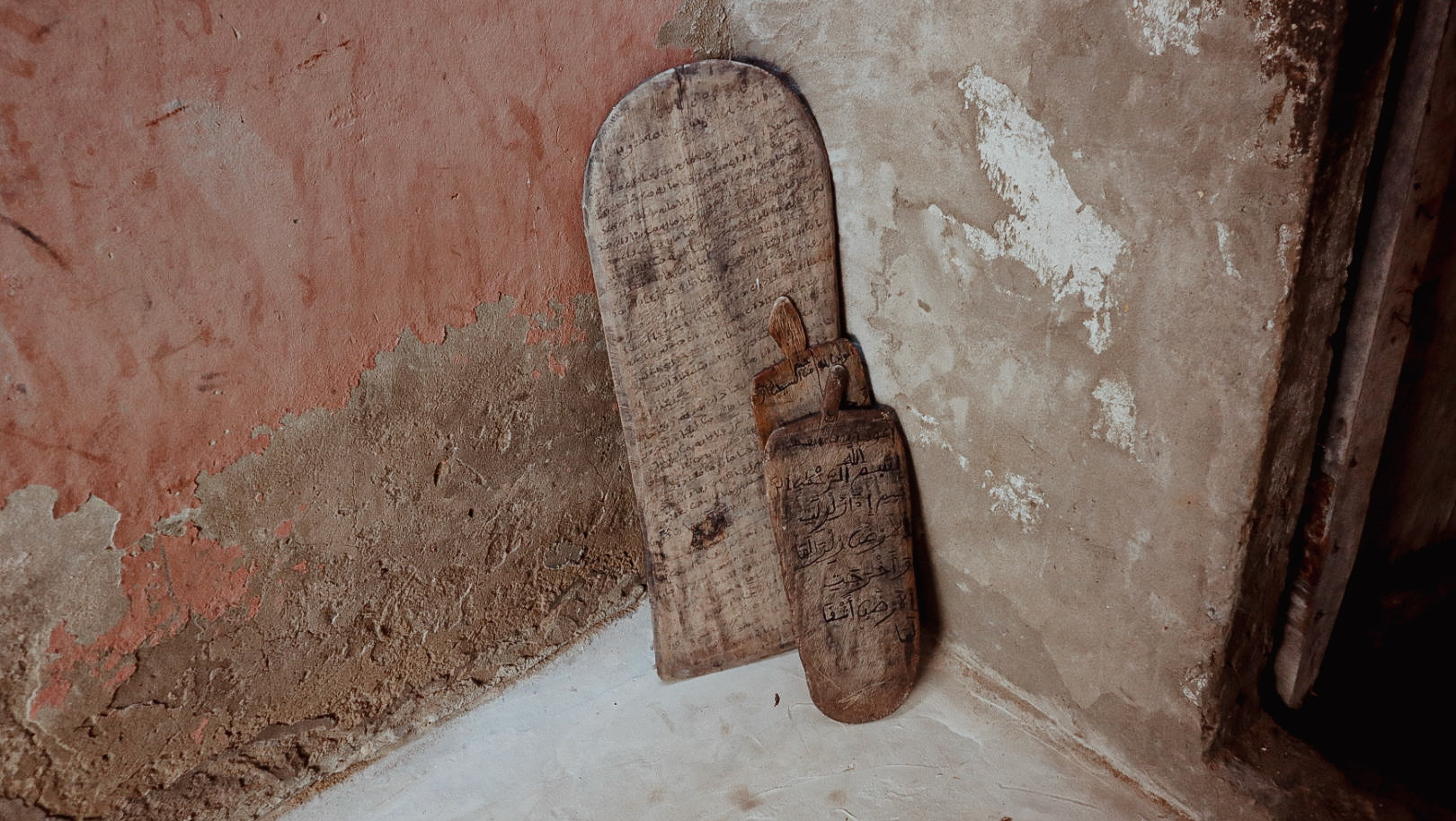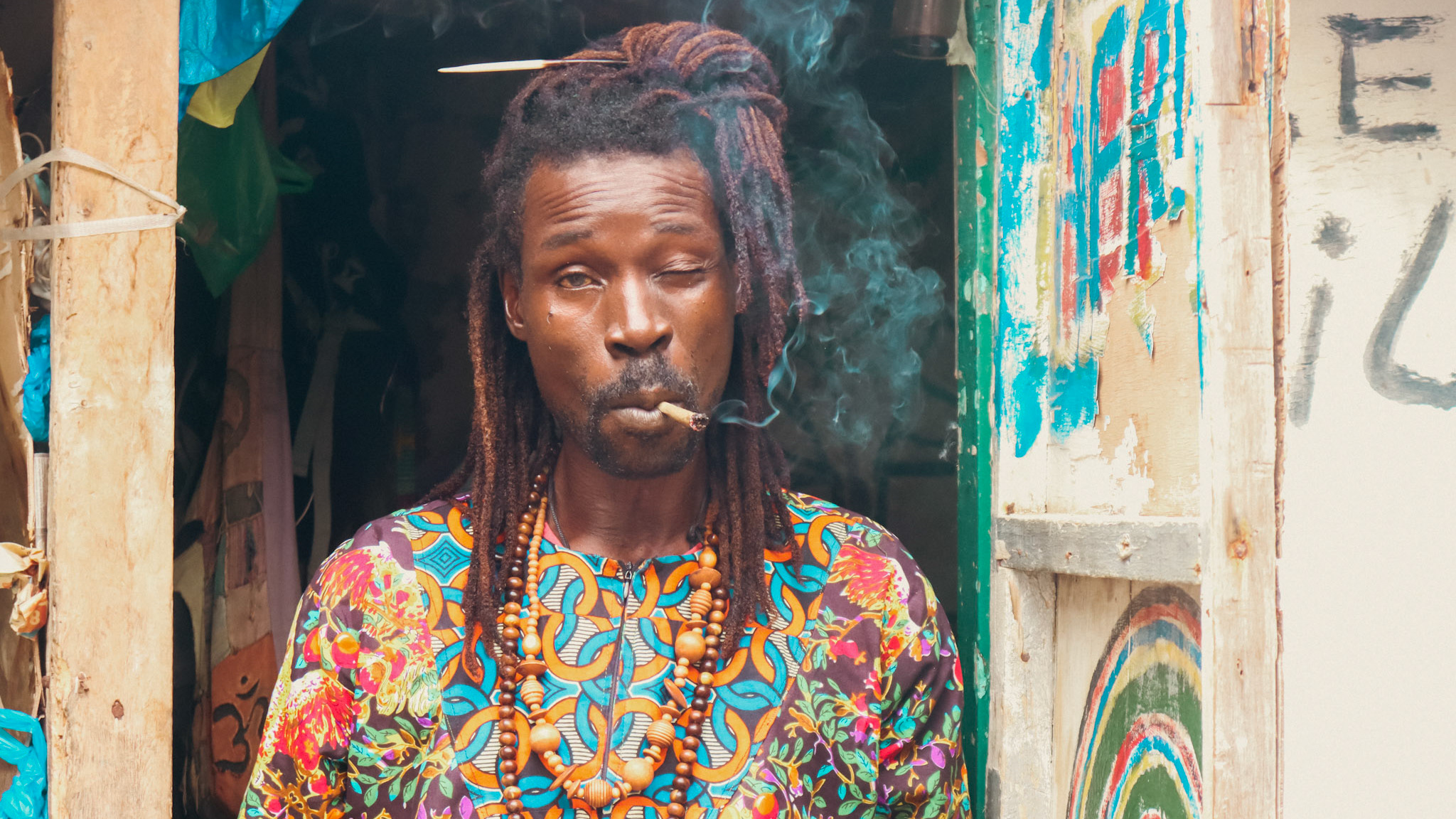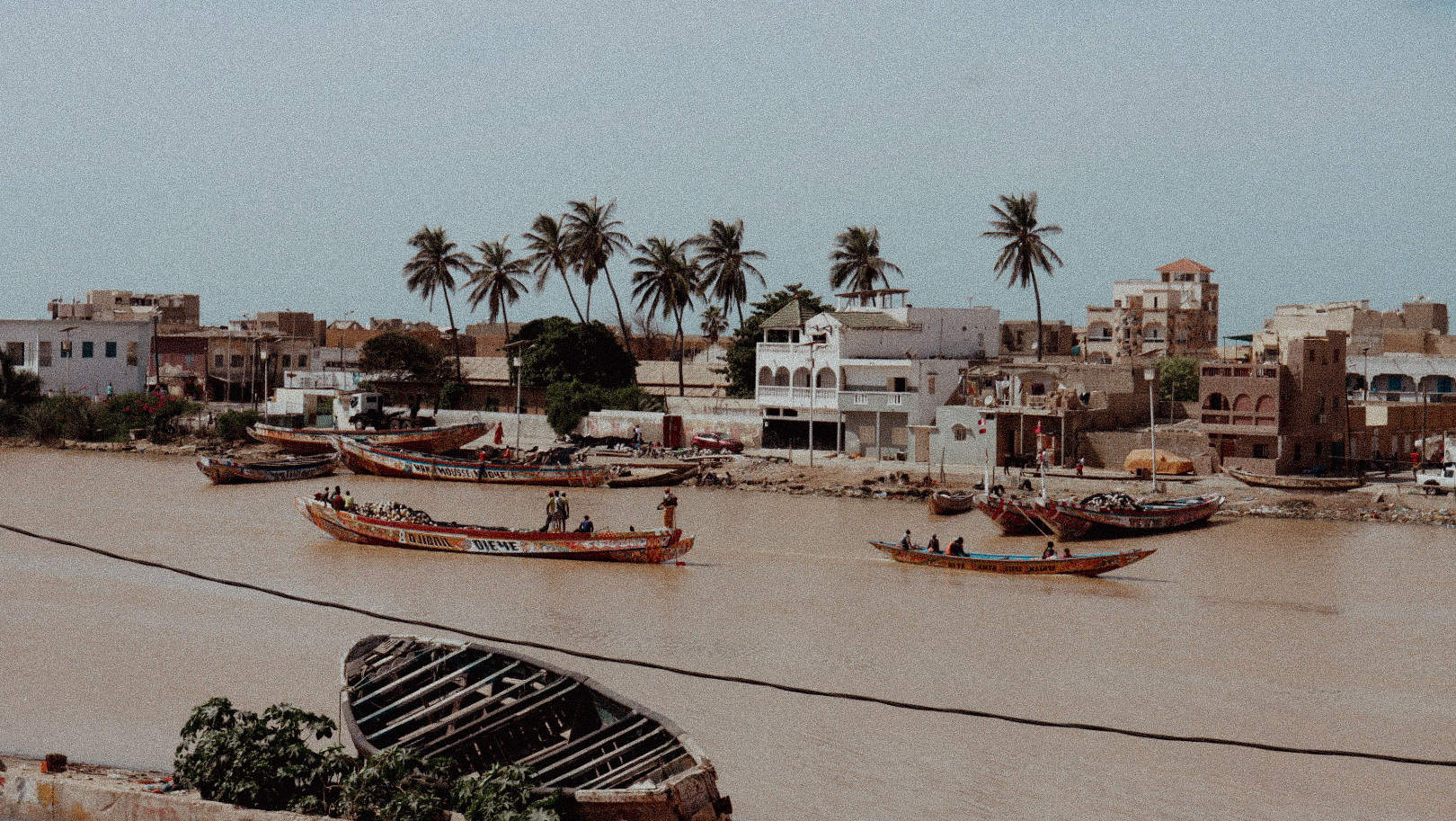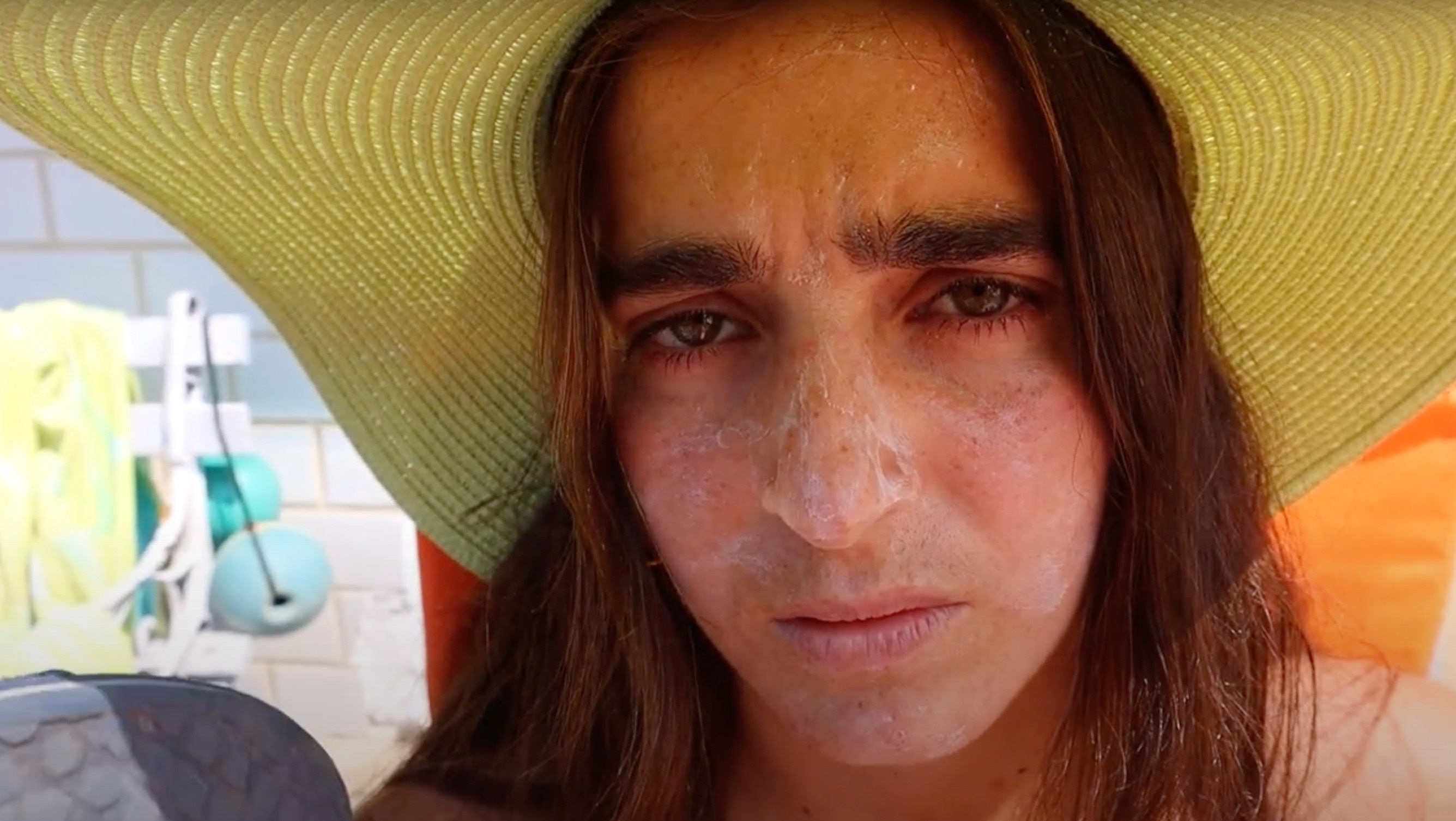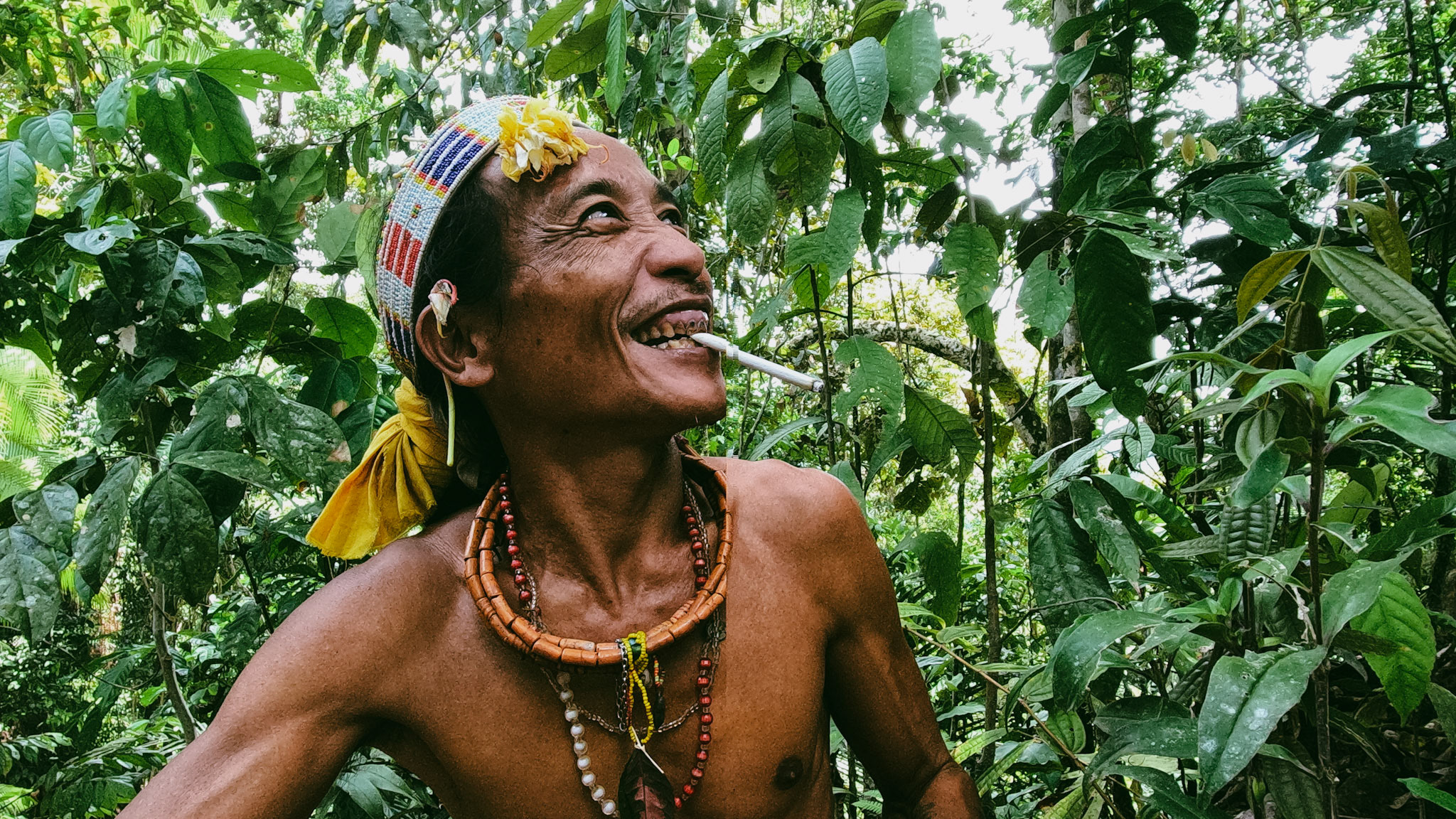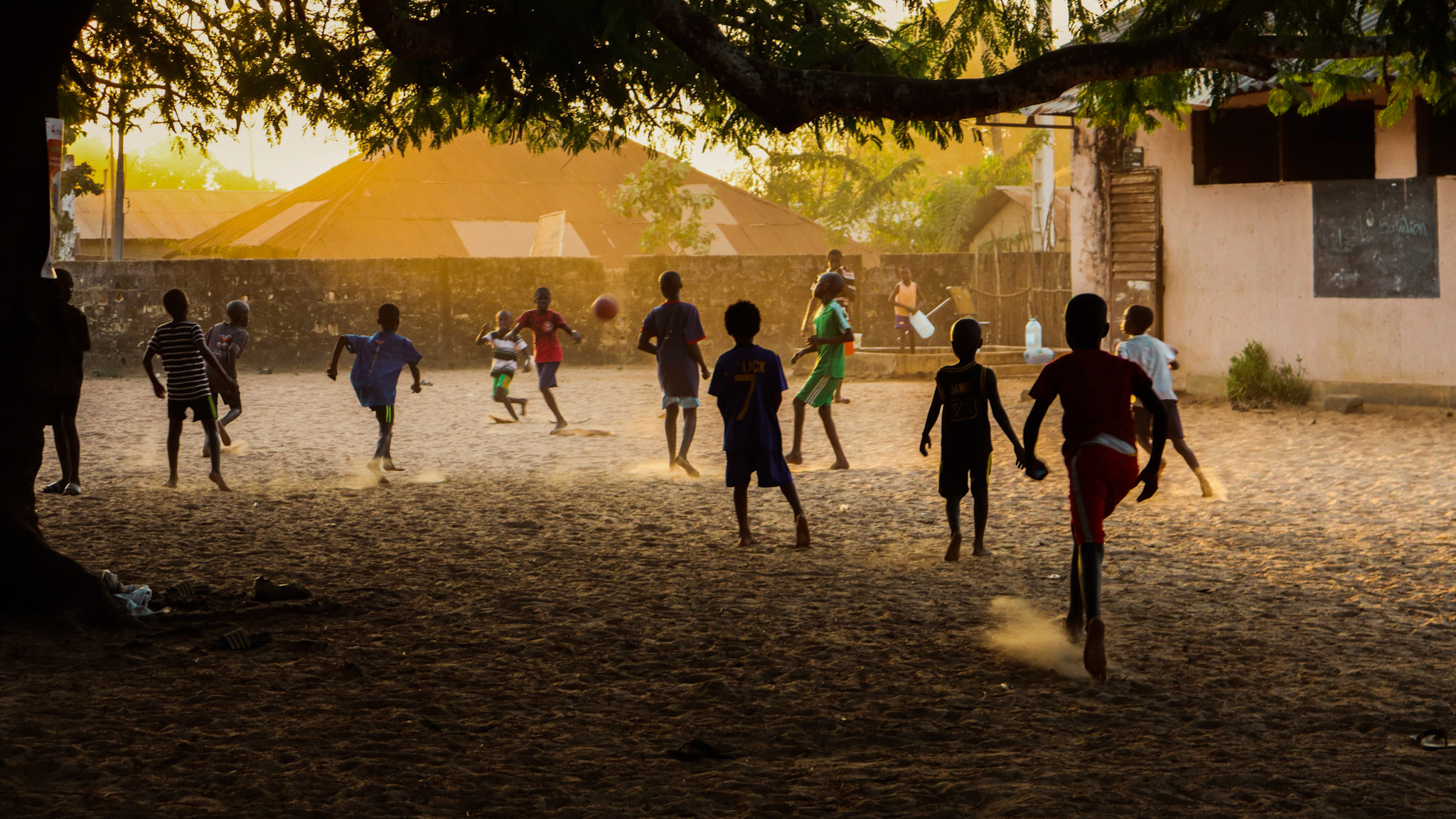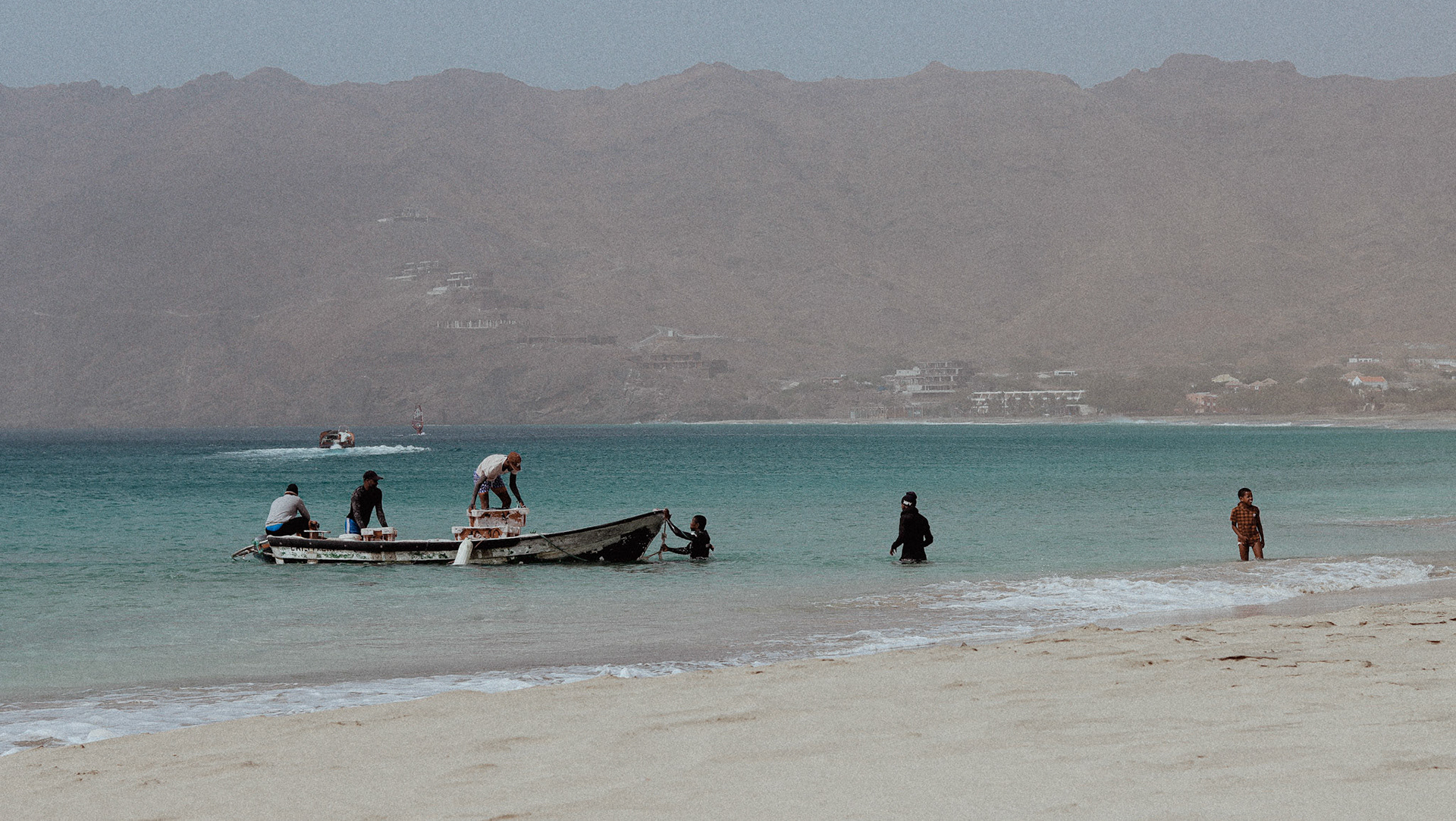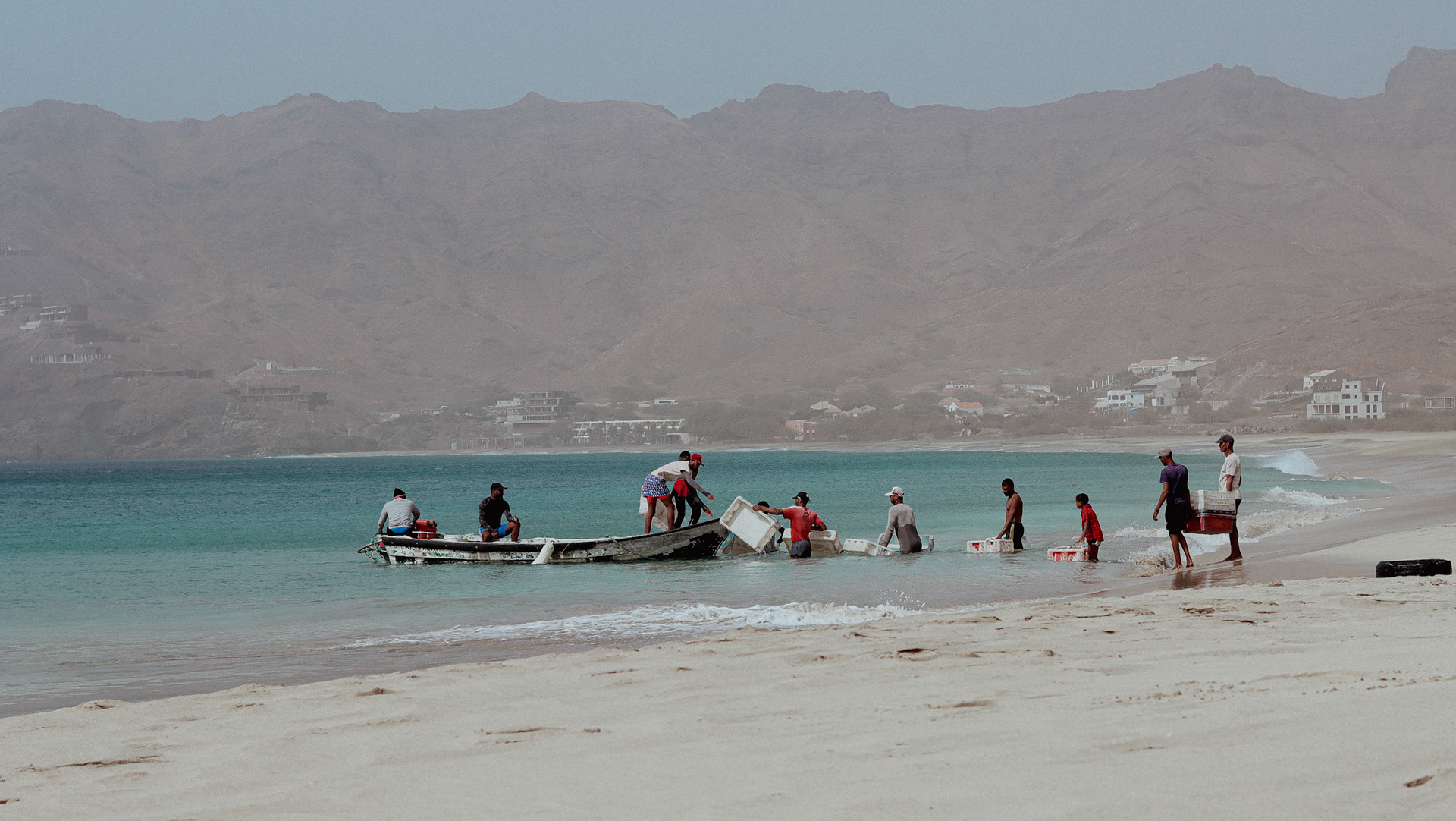This article was written during my time working at " Casa del Migrante de Saltillo" in the north of Mexico.
This shelter provides humanitarian assistance to people who are forced to abandone their countries due to gang violence and extorsion.
Every day, thousands of people, including many women, are forced to flee their homes to embark on a journey aboard “the beast.” The Beast is the name given to the freight train that crosses Mexico to reach the United States. Traveling on this train embodies multiple dangers such as the risk of falling on the rails, facing kidnappings and abuses by Mexican organized crime or violence by the personnel in charge of the train, among others. However, people from Central and Latin American countries are forced to choose this means of transportation as the only way to escape the violence in their countries. The beast is often the only option since obtaining visas to travel legally and safely to the United States is practically impossible. Many people pay up to $12,000 to a coyote, a guide in charge of guiding them to “the land of opportunities,” without this guaranteeing that they will actually be able to achieve it.
For some years now, women have played a prominent role in Central American migration to the United States. During recent years, the number of women who are forced to flee and jump into the beast in search of a better future has increased considerably.
According to the IOM, in 2017, women represented 48.8 percent of the migratory flow worldwide. Regarding the Central America-United States corridor, in 2017, one fifth of the people transiting through Mexico were women.
In the case of Central America and Latin America, the main reasons why women leave their homes are persecution by gangs and violence exercised against them or the rest of the members of their families, gender violence exercised by a family member, climatic reasons (increasingly common cause) or persecution for defense of territory.
According to the IOM, in 2017, women represented 48.8 percent of the migratory flow worldwide. Regarding the Central America-United States corridor, in 2017, one fifth of the people transiting through Mexico were women.
In the case of Central America and Latin America, the main reasons why women leave their homes are persecution by gangs and violence exercised against them or the rest of the members of their families, gender violence exercised by a family member, climatic reasons (increasingly common cause) or persecution for defense of territory.
Despite the numbers, women on the road continue to be silenced.
Due to the situation that affects women and girls who migrate based on their gender, the probability that they will be victimized while passing through Mexico is much greater. Women are exposed to different forms of violence. They are at greater risk of being victims of trafficking and of suffering sexual assault by criminals, organized crime, and state officials.
The majority of these crimes go unpunished due to lack of complaints due to the fear of being deported back to their countries or because the desire to reach the United States leads them to keep silent about these violations. However, this situation of violence does not prevent many from continuing the fight, facing the challenges along the way with courage..
Due to the situation that affects women and girls who migrate based on their gender, the probability that they will be victimized while passing through Mexico is much greater. Women are exposed to different forms of violence. They are at greater risk of being victims of trafficking and of suffering sexual assault by criminals, organized crime, and state officials.
The majority of these crimes go unpunished due to lack of complaints due to the fear of being deported back to their countries or because the desire to reach the United States leads them to keep silent about these violations. However, this situation of violence does not prevent many from continuing the fight, facing the challenges along the way with courage..
a written note found in one of the shelter rooms
" hard path to make it to the U.S, BUT I WONT GIVE UP, EVEN IF BAD PEOPLE COME UP. soMEONE TRAVELS WITH ME.
he that believeth in me, though he were dead, yet shall he live: And whosoever liveth
and believeth in me shall never die."
THE RAILWAY TRACKS THAT CROSS THE TOWN OF SALTILLO.
In Saltillo, Coahuila, a town near the border with Texas and a few steps away from the railway tracks is the "Saltillo Migrant House" a small shelter that has become an oasis in the middle of this very hostile route.
Here, the team led by José Luis Manzo provides humanitarian, psychological and legal assistance to people on their trip to the United States, making their trip a little easier. This is one of the hundreds of shelters that currently extend along the entire Mexican migratory route to provide protection. The people who arrive at this shelter, stay for a few days, regain strength and continue on their way.
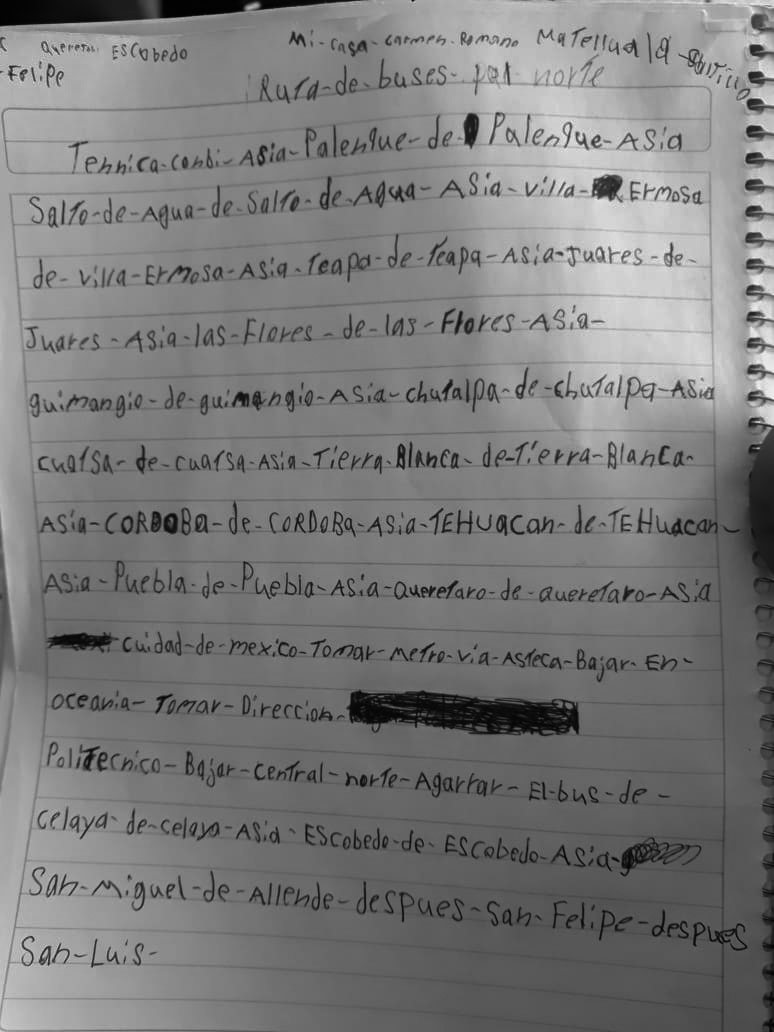
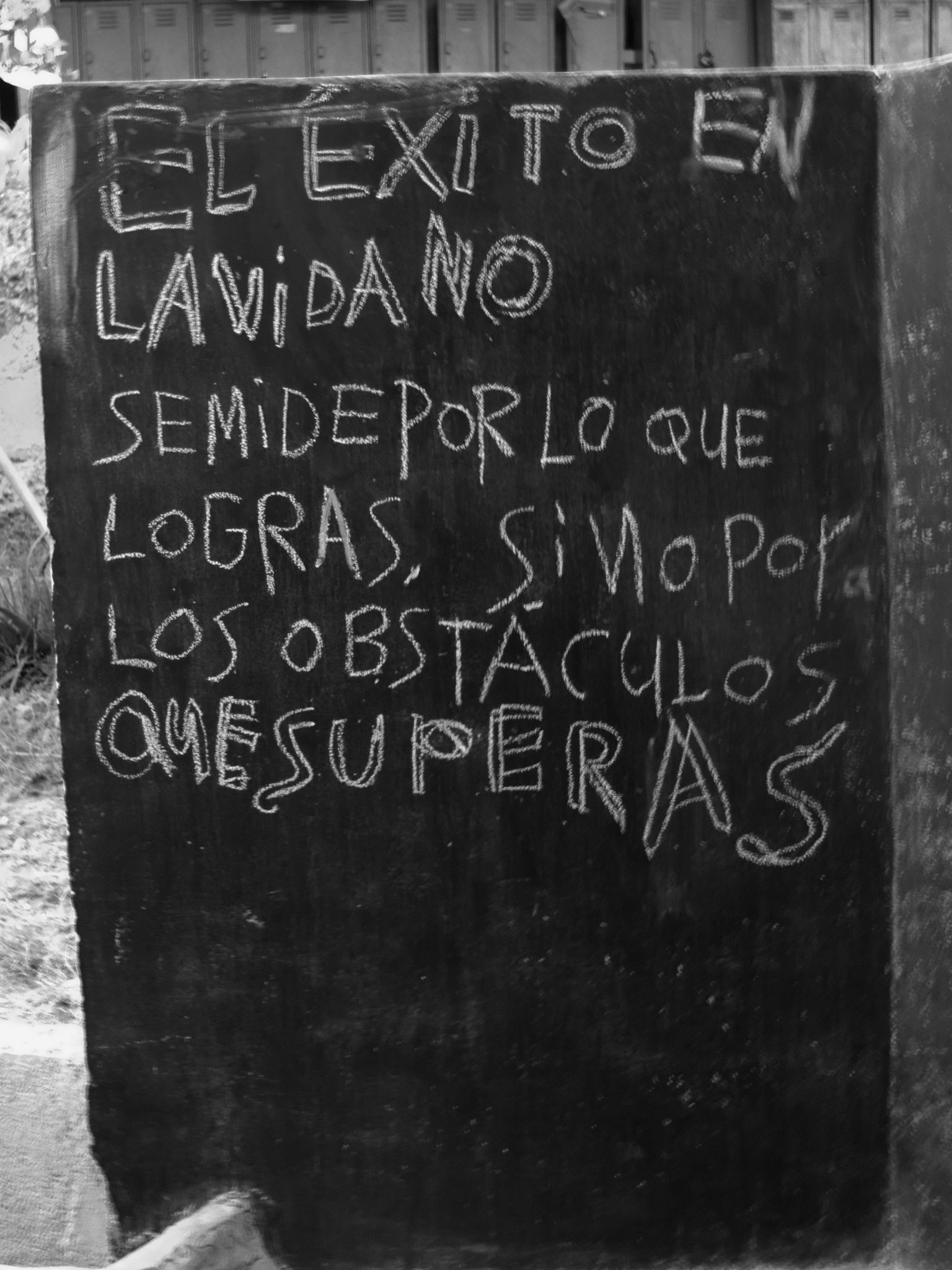
During my time in the house, together with other fellow volunteers and workers, we identified that women faced a lot of violence on the road due to their gender “The journey on the train is made for men,” I used to hear.
This reality was directly reflected in the daily life at the shelter. The common areas were mainly occupied by men: The play area, the smoking area, the karaoke... The women spent hours locked in their bedrooms with their children and their phones. This situation made it very difficult to identify the specific needs that they may had.
This reality was directly reflected in the daily life at the shelter. The common areas were mainly occupied by men: The play area, the smoking area, the karaoke... The women spent hours locked in their bedrooms with their children and their phones. This situation made it very difficult to identify the specific needs that they may had.
As a result , we decided to honor the women who are on the road. Several of the women wanted the world to listen to their stories and with the help of all of them, we created this report, a tribute to the women who migrate, strong and unstoppable "Women on the road"
HEIDI, HONDURAS, 25 YEARS OLS
“I left Honduras 1 month ago. I travel with my seven year old daughter on the train. I lost where I lived due to the hurricane. Also, in Honduras you can't get a good job, it's terrible.
I come to seek a better life for my daughter and my mother. One does not come to rob to Mexico, but what we want is to enter the United States to work and move forward
The difficult thing is to walk that much , sleep on the street in the very cold nights and travel on the train.
I remember that one day we took a bus for more safety because I couldn't stand walking. The police stopped us on the bus, and as we were migrants, the few pesos we had were taken from us.”
I come to seek a better life for my daughter and my mother. One does not come to rob to Mexico, but what we want is to enter the United States to work and move forward
The difficult thing is to walk that much , sleep on the street in the very cold nights and travel on the train.
I remember that one day we took a bus for more safety because I couldn't stand walking. The police stopped us on the bus, and as we were migrants, the few pesos we had were taken from us.”
WILDA, HONDURAS, 2O YEARS OLD.
"I left Honduras 6 months pregnant. I was forced to flee with my father because my son's father threatened to kill me and take the child away from me if I didn't go with him.
Sometimes, because of my pregnancy situation, I think about returning, but then I think about giving a better future to my son. Everything I do is so that my son does not suffer abuse or becomes as abusive as his father.
The hardest thing has been getting on the train. I have never had such a horrible feeling in my life. My legs were shaking and I fell off the train trying to catch it. However, I got up and got back on.
Women have a great will to do things. Sometimes I get desperate, but I'm going to give it all the effort I can. I know I am going to make it to the United States, even if I have to swim across the river.”
Sometimes, because of my pregnancy situation, I think about returning, but then I think about giving a better future to my son. Everything I do is so that my son does not suffer abuse or becomes as abusive as his father.
The hardest thing has been getting on the train. I have never had such a horrible feeling in my life. My legs were shaking and I fell off the train trying to catch it. However, I got up and got back on.
Women have a great will to do things. Sometimes I get desperate, but I'm going to give it all the effort I can. I know I am going to make it to the United States, even if I have to swim across the river.”
Marlene, Honduras, 44 years old
"I left my country as I was being constantly extorted by gangs, who asked me for money for my business.
I didn't know the road would be so hard. I never imagined I would have to get on the train. Finally I overcame the fear and was able to get on. Even though I fell off the train many times, I managed to overcome this and many of the other challenges that women face on the road.
Despite everything, I am here, in Mexico, legalized and with documents already resolved. As a woman, I feel happy.”
I didn't know the road would be so hard. I never imagined I would have to get on the train. Finally I overcame the fear and was able to get on. Even though I fell off the train many times, I managed to overcome this and many of the other challenges that women face on the road.
Despite everything, I am here, in Mexico, legalized and with documents already resolved. As a woman, I feel happy.”
María, Honduras, 32 years old
“I decided to leave Honduras because I couldn't afford education for my children. The hurricanes took everything away from us and we were destroyed. I want to give my children what they deserve.
We would catch the train running, my children would get on and once they were safe, it was my turn. Knowing that my children were upstairs, I had to find the strength to get on, even though seeing the rails made me panic.
Many men told me “You can't do it because you are fat” “Why do you come down this path if it is for men” but, even so, I gained strength and showed that I could do it without anyone helping me.
We have gone through many tough experiences in the train, but at the same time, it is incredible. Coming on the beast is about being brave and not letting anyone tell you that you can't, because we can. Even if it is with fear, but we can.”
We would catch the train running, my children would get on and once they were safe, it was my turn. Knowing that my children were upstairs, I had to find the strength to get on, even though seeing the rails made me panic.
Many men told me “You can't do it because you are fat” “Why do you come down this path if it is for men” but, even so, I gained strength and showed that I could do it without anyone helping me.
We have gone through many tough experiences in the train, but at the same time, it is incredible. Coming on the beast is about being brave and not letting anyone tell you that you can't, because we can. Even if it is with fear, but we can.”
Ada Marisol, Honduras, 24 years old
“I left my country with the goal of reaching the United States. and reunite with my family. Despite having graduated, I had no job in my country.
The biggest challenge I have faced along the way, without a doubt, is the train. When I saw the train for the first time I panicked. I don't know where I got the strength to continue pulling him.
Before leaving my country, they told me that the path was for men, but no, women can do it too. We women cannot let ourselves be overcome by fear. We have to show that we are capable. We must depend solely on ourselves along the way and show how brave we are.”
Nelly, Honduras, 24 years old
"I left Honduras when I was 6 months pregnant in order to provide a better future to the rest of my children. Pregnant, I traveled on the train alone. The road is hard, cold and you starve. In addition, its more dangerous for women than for men. But, even so, I knew that I was going to make it. I am a woman who does not leave anyone behind.
I gave birth alone, the baby was born in the mountains, in the cold, on the border of Eagle Pass, Texas. No one wanted to help me because I was a migrant and I had to turn myself in to immigration agents. Although my son was born in Texas, we were both deported back to Mexico. Now I have managed to cross back into the US.
I thank God that nothing happened to me on that difficult and hard path. I want the stories of migrant women to be known, the voice of women has to be heard.”
I gave birth alone, the baby was born in the mountains, in the cold, on the border of Eagle Pass, Texas. No one wanted to help me because I was a migrant and I had to turn myself in to immigration agents. Although my son was born in Texas, we were both deported back to Mexico. Now I have managed to cross back into the US.
I thank God that nothing happened to me on that difficult and hard path. I want the stories of migrant women to be known, the voice of women has to be heard.”
Several of these women achieved their goal of reaching the United States. others stayed in Mexico, and from some, unfortunately, I have had no more news
